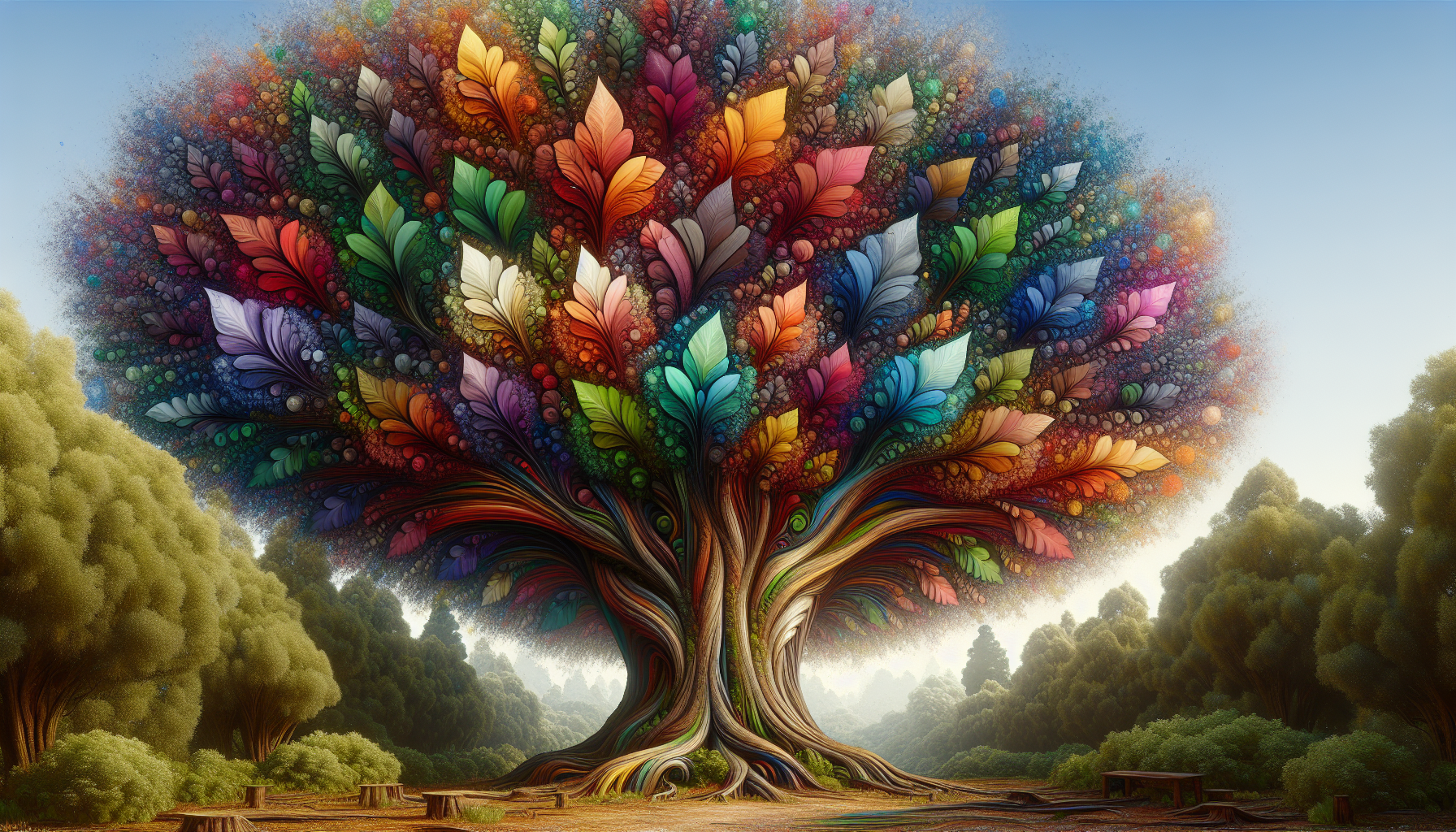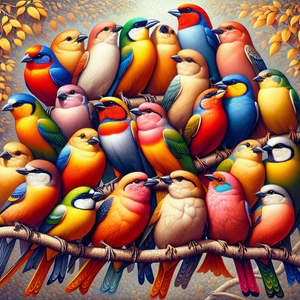Wordle as a Social Phenomenon: Community and Connection

At its heart, Wordle is a daily word puzzle that invites players to guess a five-letter word in six attempts. The game's design is both minimalist and user-friendly, featuring a straightforward interface that encourages participation from players of all ages. This simplicity makes it easy to share results on social media platforms such as Twitter and Facebook, where users proudly display their scores using colored grids that represent their attempts. This unique sharing culture has transformed Wordle into a communal activity, enabling players to engage in a larger conversation surrounding the game. The game's limited daily challenge creates a sense of anticipation and excitement, prompting players to connect at a specific time each day. Friends and family often engage in friendly competition, comparing results and discussing strategies, which not only creates bonds but also fosters a sense of belonging—especially during times when physical gatherings are limited. In a world where people are often isolated, Wordle serves as a digital gathering place, inviting players to connect over a shared challenge.
Building Community: Strategies and Support
The social dimension of Wordle extends beyond the thrill of competition. Players frequently share tips and strategies to help one another improve their skills. Online forums, social media groups, and dedicated subreddits have emerged as vibrant communities where individuals exchange advice on word choices or reveal their thought processes. These interactions emphasize collaboration over competition, highlighting a collective desire to enhance the playing experience. For instance, many players share their successful strategies, such as using vowels early in the guessing process or avoiding commonly used letters that might clutter their attempts. These shared insights allow players to refine their approach, turning Wordle into a more enriching experience. Furthermore, Wordle serves as a valuable conversation starter. In workplaces, among friends, or even within families, discussing daily Wordle results can break the ice and spark engaging dialogues. This aspect of the game functions as a social lubricant, making it easier for people to connect over a shared interest. Whether it's a brief chat in the break room or a playful text exchange among friends, Wordle has become a topic that transcends generations and backgrounds.
Fostering Connection During Isolation
The COVID-19 pandemic has reshaped how we connect with others, leading to an increased reliance on digital platforms for social interaction. Within this context, Wordle has emerged as a beacon of light, offering a fun and engaging way to maintain relationships amid isolation. The game's inherent simplicity allows anyone to participate, regardless of their gaming experience, making it an inclusive activity that bridges generational gaps. Social media has played a crucial role in amplifying these connections. Hashtags like #Wordle and #WordleSpoilers have created online spaces where players can share their experiences and engage with others who share their passion. These platforms have facilitated the formation of virtual communities that provide support and camaraderie, demonstrating how a simple word game can foster meaningful connections in challenging times. Stories have emerged of groups of friends setting up daily Wordle challenges, creating a routine that helps them stay engaged and connected, even when they are physically apart.
Wordle is more than just a daily puzzle; it is a social phenomenon that has redefined community engagement in the digital age. By encouraging sharing, collaboration, and friendly competition, Wordle has become a powerful tool for connection, particularly during periods of social distancing. As players come together to tackle the daily word challenge, they forge bonds that transcend geographical boundaries and foster a sense of belonging. In a time when human connection is more important than ever, Wordle stands as a testament to the power of games to unite people, reminding us that even in isolation, we can find community in shared experiences. Through its simplicity and accessibility, Wordle has not only revived interest in word games but has also solidified its place as a cultural touchstone of our times, affirming that the joy of connection remains paramount, regardless of the medium.
Community Engagement Specialist
Non-profits, educational institutions, and tech companies focusing on user engagement.
Core Responsibilities
Develop and implement community outreach programs to enhance user engagement on digital platforms.
Foster relationships with community members and facilitate communication between users and the organization.
Monitor and analyze community feedback to inform ongoing improvements and strategies.
Required Skills
Strong written and verbal communication skills, with the ability to convey ideas clearly to diverse audiences.
Experience with social media management and community-building tools.
Proficiency in data analysis to measure community engagement metrics.
Social Media Manager
Digital marketing agencies, gaming companies, and consumer brands.
Core Responsibilities
Develop and execute social media strategies that promote user interaction and content sharing.
Create engaging content tailored to various platforms, encouraging community discussion around topics like gaming and puzzles.
Analyze engagement metrics to refine content strategies and improve audience reach.
Required Skills
Proficiency in graphic design software and social media analytics tools.
Familiarity with the gaming community and current trends in digital engagement.
Strong creative and strategic thinking skills to craft compelling narratives.
User Experience (UX) Researcher
Tech companies, game developers, and product design firms.
Core Responsibilities
Conduct user research to understand player behaviors, preferences, and pain points related to word games like Wordle.
Utilize findings to inform design decisions that enhance user engagement and satisfaction.
Collaborate with designers and developers to create user-centered solutions that encourage community interaction.
Required Skills
Experience with qualitative and quantitative research methods, including surveys and usability testing.
Proficiency in tools like Sketch, Adobe XD, or Figma for prototyping user interfaces.
Strong analytical skills to interpret user data and derive actionable insights.
Content Strategist
Media companies, gaming platforms, and marketing agencies.
Core Responsibilities
Create and manage content strategies that promote engagement and encourage community-building around gaming topics.
Collaborate with cross-functional teams to ensure content aligns with brand messaging and user interests.
Analyze content performance and adapt strategies to enhance user interaction and knowledge sharing.
Required Skills
Strong writing and editing skills, with a focus on creating engaging and informative content.
Experience with SEO best practices and content management systems.
Ability to understand and leverage audience insights to drive content direction.
Game Community Manager
Gaming studios, eSports organizations, and social gaming apps.
Core Responsibilities
Build and manage online communities for gaming platforms, ensuring users feel welcomed and engaged.
Facilitate discussions, organize events, and moderate forums to maintain a positive community culture.
Gather player feedback to inform game development and community initiatives.
Required Skills
Strong interpersonal skills with a passion for gaming and community building.
Experience using community management tools and platforms, such as Discord or Reddit.
Ability to analyze community engagement data to drive continuous improvement.


